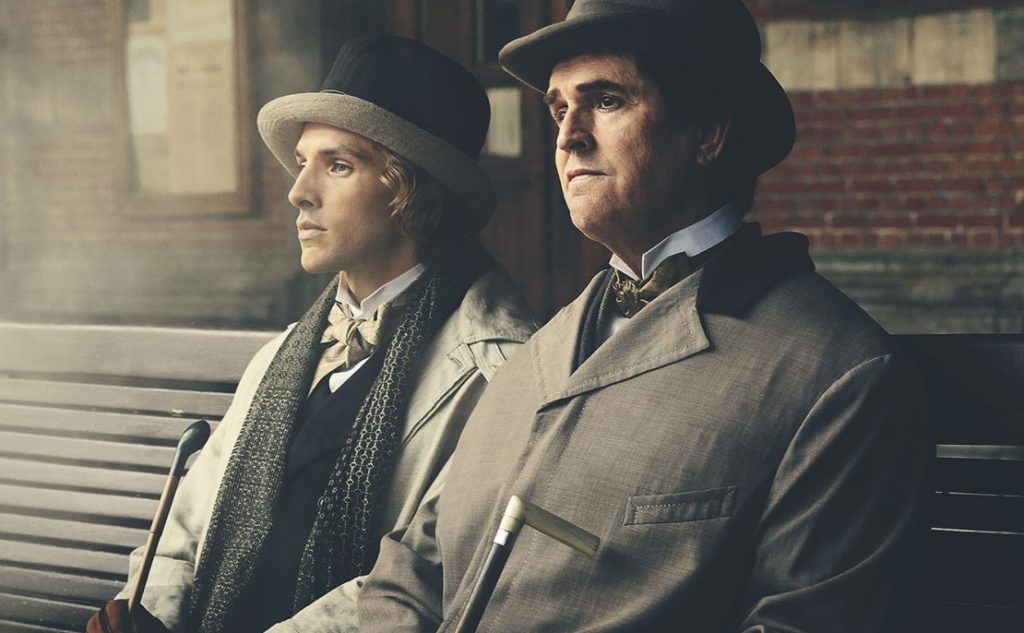The Happy Prince: The Forgotten Wilde Years
Oscar Wilde is a well know and much revered figure in LGBT history. By the time of his conviction in 1895 he was possibly the most well known homosexual in the world. To this day, we all are aware of his plight and imprisonment, yet little attention is given to his years after prison up to his death. This is where The Happy Prince, written, starring and directed by Rupert Everett, picks up the tale.
Oscar Wilde’s trial became one of the best known court cases in the UK. Wilde attempted to sue his lover’s father for libel but ended up himself being tried for and found guilty of gross indecency.
This story has been well told throughout the ages including the film Wilde in 1997 which starred Stephen Fry. But after he served his two years of imprisonment and hard labour, he fled to mainland Europe in self-imposed exile.
This is where The Happy Prince picks up the tale. In a cheap Parisian hotel room Wilde lies on his death bed and the past floods back, transporting him to other times and places. Was he once the most famous man in London? The artist crucified by a society that once worshiped him? The lover imprisoned and freed, yet still running towards ruin in the final chapter of his life?
Under the microscope of death he reviews the failed attempt to reconcile with his long suffering wife Constance, the ensuing reprisal of his fatal love affair with Lord Alfred Douglas and the warmth and devotion of Robbie Ross who tried and failed to save him from himself.
From Dieppe to Naples to Paris freedom is elusive and Oscar is a penniless vagabond, always moving on, shunned by his old acquaintance, but revered by a strange group of outlaws and urchins to whom he tells the old stories – his incomparable wit still sharp.
The Happy Prince is a portrait of the dark side of a genius who lived and died for love in the last days of the nineteenth century.
The Happy Prince is in UK theaters from June 15th and in US theaters on October 5th.






